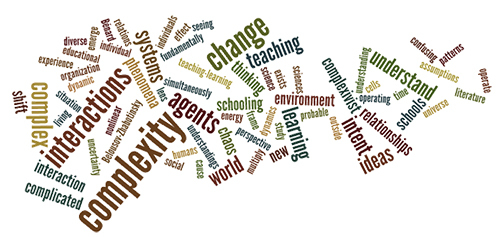
Roland Kupers wants students to develop the kind of habits conducive to understanding their world in all its complexity. 這意味著了解複雜的系統如何工作以及系統思想家如何思考複雜的問題. Kupers認為這也意味著開發新的教學方法.
Our world is full of complex causality, from stock market exchanges to weather oscillations. Understanding complex causal systems is fundamental to navigating the contemporary world, yet Kupers believes that complex causality gets no more than an occasional nod under traditional systems of learning. He emphasizes the practice of tolerating uncertainty, finding non-linear links, and making resolute inquiry into intricate problems. Students should learn to look at complex systems as a whole, while still paying attention to the parts.
So how can education help? What kinds of subjects are suited to the science of complexity and which to a more reductionist approach? If the importance of complexity studies has been previously neglected, how do we educate a generation of educators to properly introduce complexity into a complex system of pedagogy? Are there already established academic disciplines that do a good job of thinking about complex systems? We welcome to 全球搜索教育 羅蘭Kupers, an independent consultant on complexity, resilience and energy transition, as well as an Associate Fellow at the Smith School of Enterprise and the Environment at Oxford University.
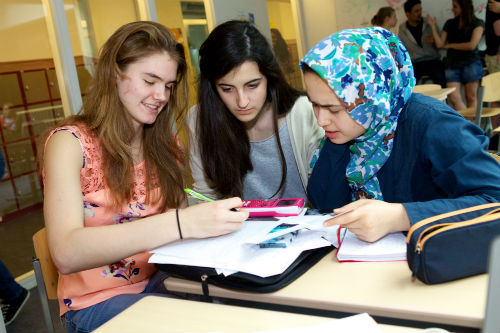
What kinds of subjects are suited to the science of complexity and to a more reductionist approach? How should we handle this distinction?
It’s important not to create an opposition between complexity and reductionism, as reductionism is an immensely successful approach, which should be cherished and valued. One way to think of the relationship is to look at the nature of the system being considered. If there are many elements in the system, and they all influence each other deeply, then there will likely be systemic effects that will not be captured through a reductionist approach – and it requires complexity tools to make sense of it. If on the contrary, the parts can be considered more separately, then the system is less complex and the reductionist toolkit is fine.
The problems of course, occur when it is not so clear: Macro-economic models are largely reductionist although the economy is clearly a complex system. 然而, many economists will argue that the reductionist approach is close enough to capture reality – and many complexity economists will argue that this is not the case.
Taking a reductionist approach to a complex system is not without perils. Lets look at an example: fishing regulations usually have minimum size limits to protect smaller fish. Linear models suggest that protecting the young fish helps sustain fisheries. But that model is wrong. It is actually some of the larger ones that should be thrown back, as they stabilize the population and provide more and better quality offspring. The reductionist approach can lead to boom and bust cycles. Fishing populations like most ecosystems should be analyzed using complexity tools.
在任何情況下, complex systems are increasingly relevant to our world, as things become more tightly coupled. Whether it is between human society and the natural world, or within human society through increased numbers and wealth, or by testing the carrying capacity of the planet to its limits – we will require following generations to become substantially more systems literate, but also contribute themselves to our currently limited understanding of complex systems.

If complexity studies are important partially because they have been previously neglected, how do we educate a generation of educators to properly introduce complexity into a complex system of pedagogy?
這是一個很難回答的問題, as the education system itself is highly complex, with high degrees of path dependency. There are plenty of strengths to build on, as we found in our early explorations in the International Baccalaureate (IB) 系統. The IB organizing mission of creating a better and more peaceful world necessarily requires an understanding of society as a whole. It also necessarily requires attention for personal development and the connection of the individual with the system around the student. The IB already has elements such as sustained inquiry and conceptual learning along with global engagement, Theory of Knowledge and Approaches to Learning, which are conducive to taking a complex systems perspective.
The primary programs naturally take a more systemic approach, but it gets somewhat lost in the transition to the more cognitive secondary programs. Interestingly the arts and humanities teachers across all years recognize the approach and are keen to explore. There are also some dedicated new tools available.
雖然, the level of change required is both subtle and profound. In keeping with insights on how systems learn and change, it appears best to experiment widely, connecting and building on pockets of progress. A vast top-down push is unlikely to be effective.
Are there already established academic disciplines that do a good job of thinking about complex systems? What can educators learn from these disciplines?
是的, most disciplines. The curious thing is that it is most often limited to PhD and post-doc realms of the academic world, with a minor presence in earlier education. The arts and the humanities are possibly the closest, although they sometimes lack the mathematical tools and language. To a lesser extent, this may also hold for the social sciences. The natural sciences and mathematics have traditionally been the most strongly reductionist, but also have a somewhat greater openness to adopting new methods and approaches.
There are complex systems elements in all disciplines, and part of the challenge is providing a language and a toolset that makes those connections and patterns visible: how can a student pose a question in a physics class, based on an insight gained in a poetry class?

If competency in complexity science is a kind of open-ended intellectual engagement, why think of it as a science?
It is perhaps useful to take a problem-centric approach to this question. If the systems that we are interested in are complex systems, then we need a toolset and a science that fits the problem. Simply wishing the complexity away by making strong assumptions is no longer appropriate, if it ever was. So complexity is simply the extension of the current scientific endeavor to consider a larger class of problems – problems that are very relevant for the world we live in.
It is not a paradigm shift or a new science. It does require a different kind of intellectual engagement, different competences and even a different kind of personal engagement. In effect, as individuals and scientists, we need to consider our own interconnection to the object of study. This requires an expanded intellectual, and also a different personal development.
話雖這麼說,, there are concrete complexity tools such as Agent Based Modeling or network science, applied to provide new explanations of phenomena. The aim is absolutely in the tradition of western science to deliver falsifiable theories, but as an extension of existing disciplines, rather than as a new science. Those extensions will have commonalities across various disciplines, and this will highlight their interconnections – which can then perhaps be loosely described as complexity science.
Does complexity science have a place in the ongoing conversation about our moral and political value systems? What can the science bring to the conversation?
這是一個很難回答的問題, but let me attempt to address it.
I generally think moral and political questions to be beyond science, but what complexity can help with is clarify the nature of those questions. Having a greater appreciation of the connections between systems is likely to change people’s preferences and priorities:
了解對農業的危機應對氣候變化的影響, 城市化和貧困中東蒙上環境政策和恐怖主義之間的聯繫不同的光線, 我們選擇其中.
應理解,一個人體構成的 90% non-human cells sheds a different light on the nature of our individuality. The rest consists of microorganisms, such as those in the gut and on the skin.
Understanding the systemic nature of the growth of income inequality, rather than being driven exclusively by individual merit, reframes political choices.
Understanding that the inexorable rise of executive pay may be simply linked to the fact that more than half of the companies want to pay their executives better than the average. This systemic effect inevitably leads to a spiral that has nothing to do with merit. Such insights change the politics of the debate.

(All photos are courtesy of Roland Kupers and the IB Organization)
和我一樣,全球知名的思想領袖,包括邁克爾·巴伯爵士 (英國), 博士. 邁克爾座 (美國), 博士. 萊昂特司特因 (美國), 克萊克里斯坦森教授 (美國), 博士. 琳達·達林 - 哈蒙德 (美國), 博士. MadhavChavan (印度), 邁克爾·富蘭教授 (加拿大), 霍華德·加德納教授 (美國), 安迪·哈格里夫斯教授 (美國), 伊馮娜赫爾曼教授 (荷蘭), 克里斯汀Helstad教授 (挪威), 讓·亨德里克森 (美國), 玫瑰Hipkins教授 (新西蘭), 科妮莉亞Hoogland教授 (加拿大), 這位傑夫·約翰遜 (加拿大), 太太. 尚塔爾考夫曼 (比利時), 博士. EijaKauppinen (芬蘭), 國務秘書TapioKosunen (芬蘭), 多米尼克·拉方丹教授 (比利時), 休·勞德教授 (英國), 主肯麥克唐納 (英國), 傑夫大師教授 (澳大利亞), 巴里McGaw教授 (澳大利亞), 希夫納達爾 (印度), Ř教授. 納塔拉詹 (印度), 博士. 吳PAK (新加坡), 博士. 丹尼斯教皇 (美國), 斯瑞達拉賈戈帕蘭 (印度), 博士. 黛安·拉維奇 (美國), 理查德·威爾遜·賴利 (美國), 肯·羅賓遜爵士 (英國), 帕西SAHLBERG教授 (芬蘭), 押尾佐藤教授 (日本), 安德烈亞斯·施萊歇 (PISA, 經合組織), 博士. 安東尼·塞爾頓 (英國), 博士. 大衛·謝弗 (美國), 博士. 基爾斯滕都沉浸式 (挪威), 總理斯蒂芬·SPAHN (美國), 伊夫Theze (LyceeFrancais美國), 查爾斯Ungerleider教授 (加拿大), 托尼·瓦格納教授 (美國), 大衛·沃森爵士 (英國), 迪倫Wiliam教授 (英國), 博士. 馬克沃莫爾德 (英國), 西奧Wubbels教授 (荷蘭), 邁克爾·楊教授 (英國), 和張民選教授 (中國) 因為他們探索所有國家今天面臨的大畫面的教育問題.
ç. M. 魯賓是兩個廣為傳誦的在線系列,她接受了筆者 2011 厄普頓·辛克萊獎, “全球搜索教育” 和 “我們將如何閱讀?” 她也是三本暢銷書, 其中 真正的愛麗絲夢遊仙境, 是的發行 CMRubinWorld, 而且是干擾物基金會研究員.
按照ç. M. 魯賓在Twitter: www.twitter.com/@cmrubinworld


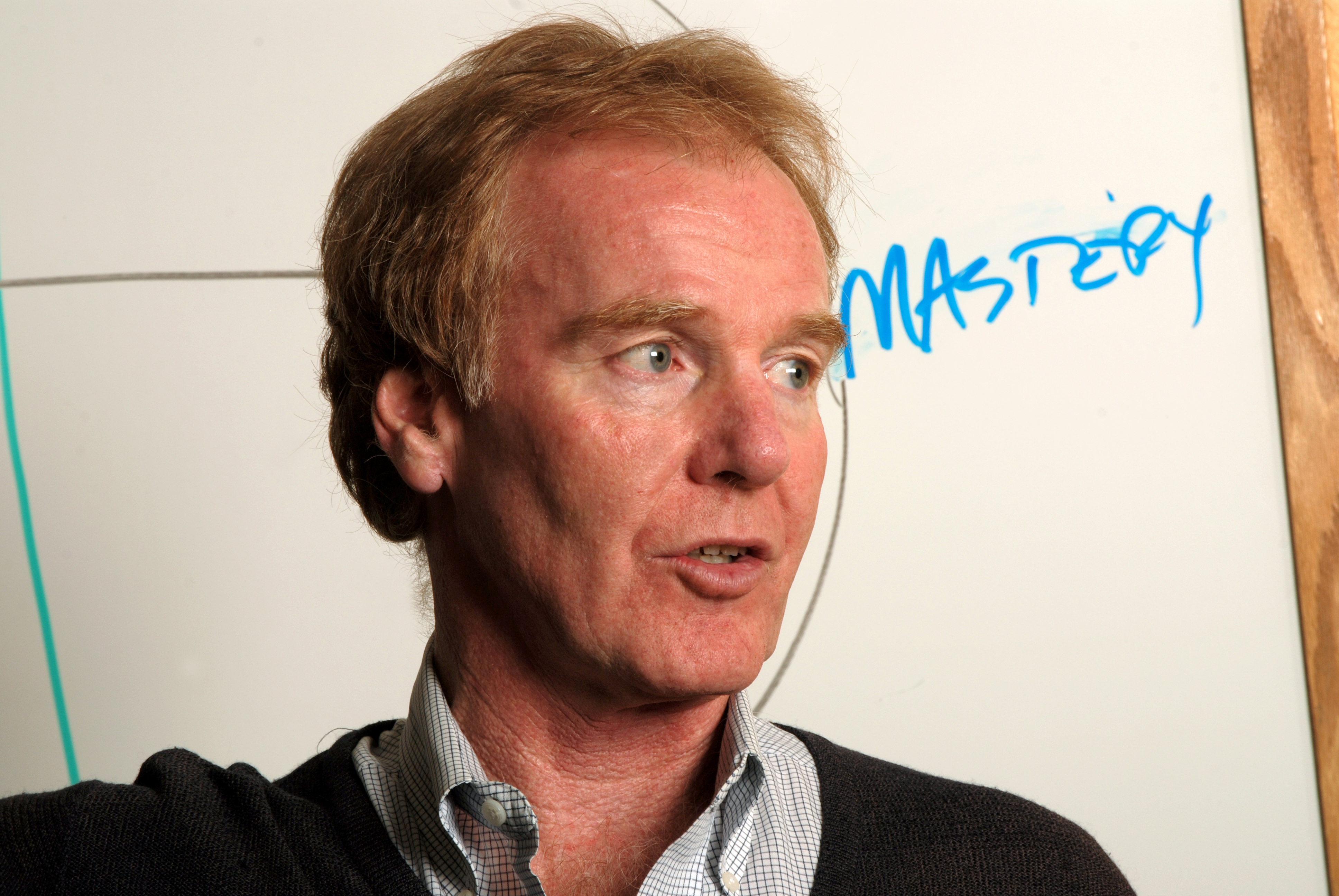
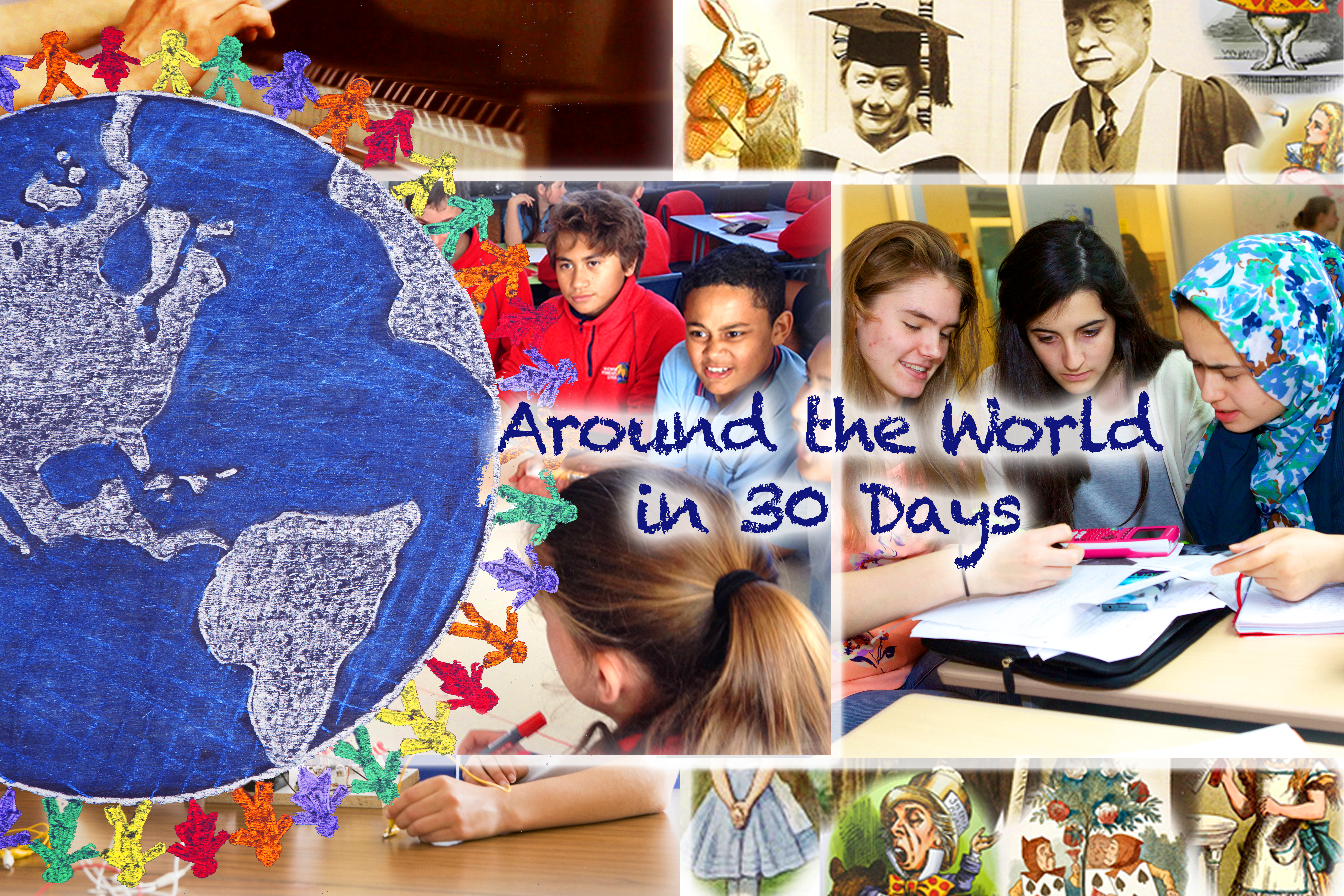
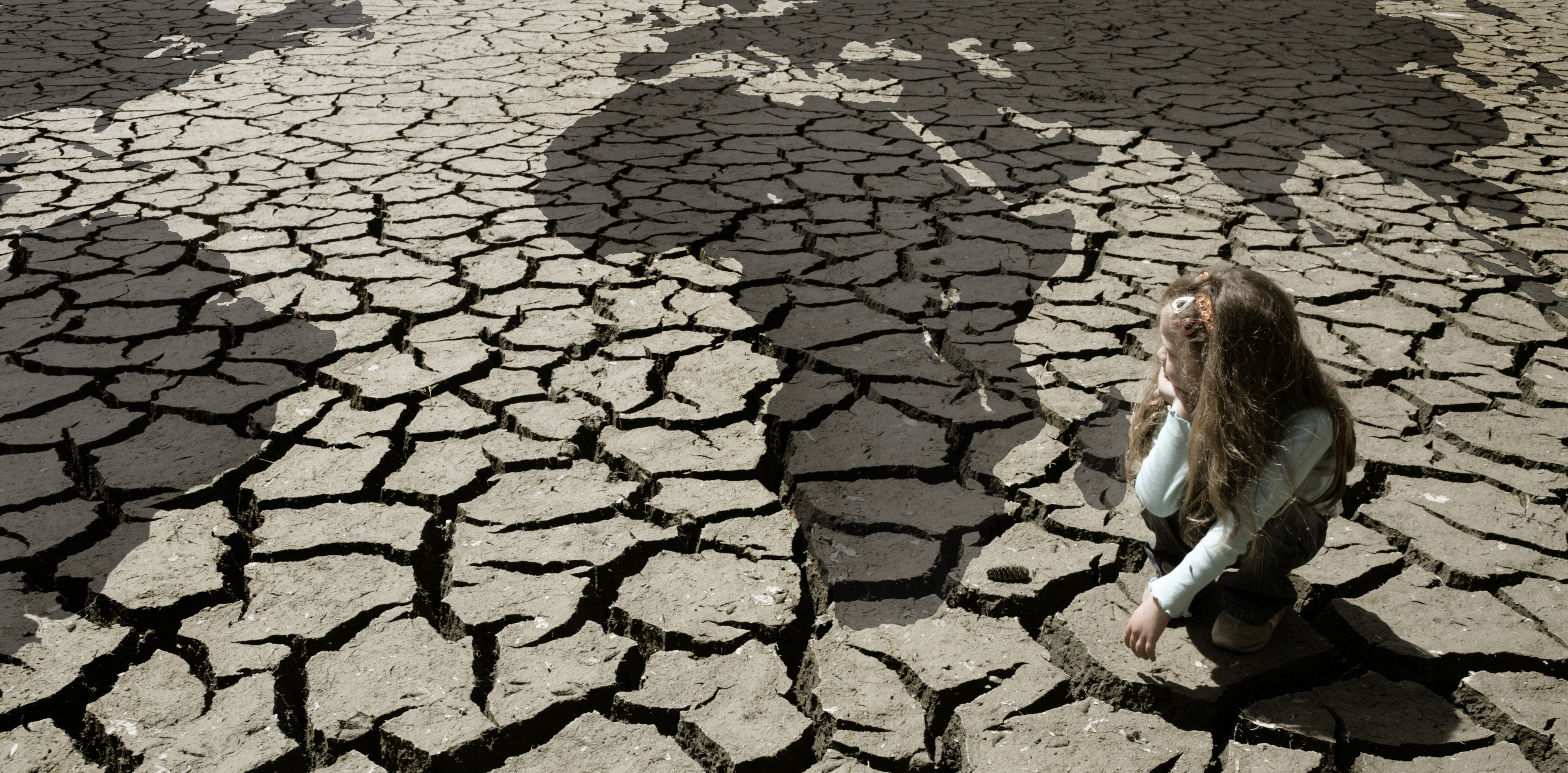
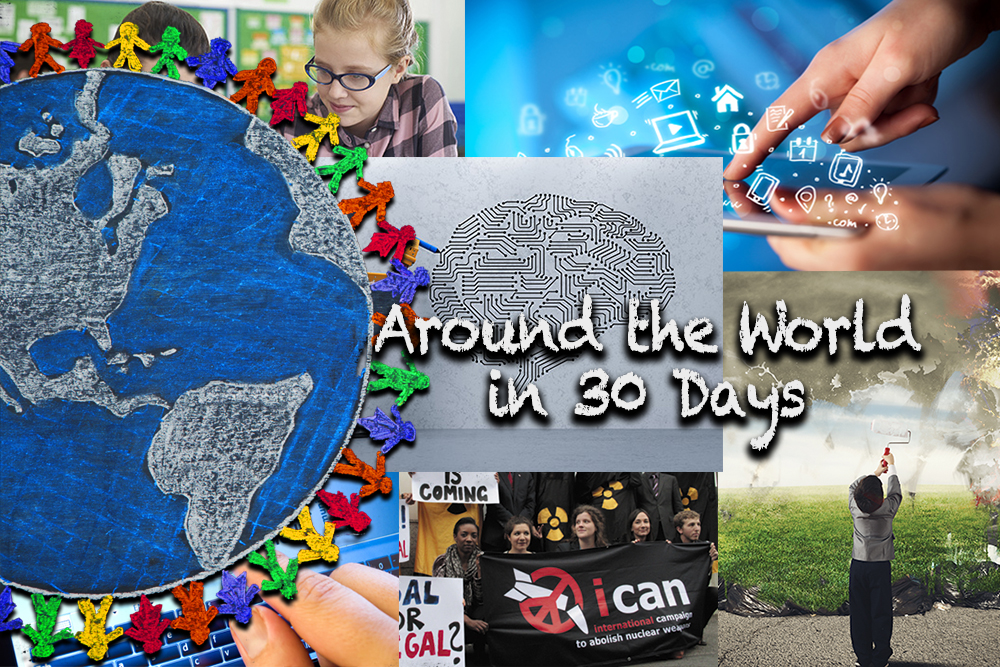
最新評論